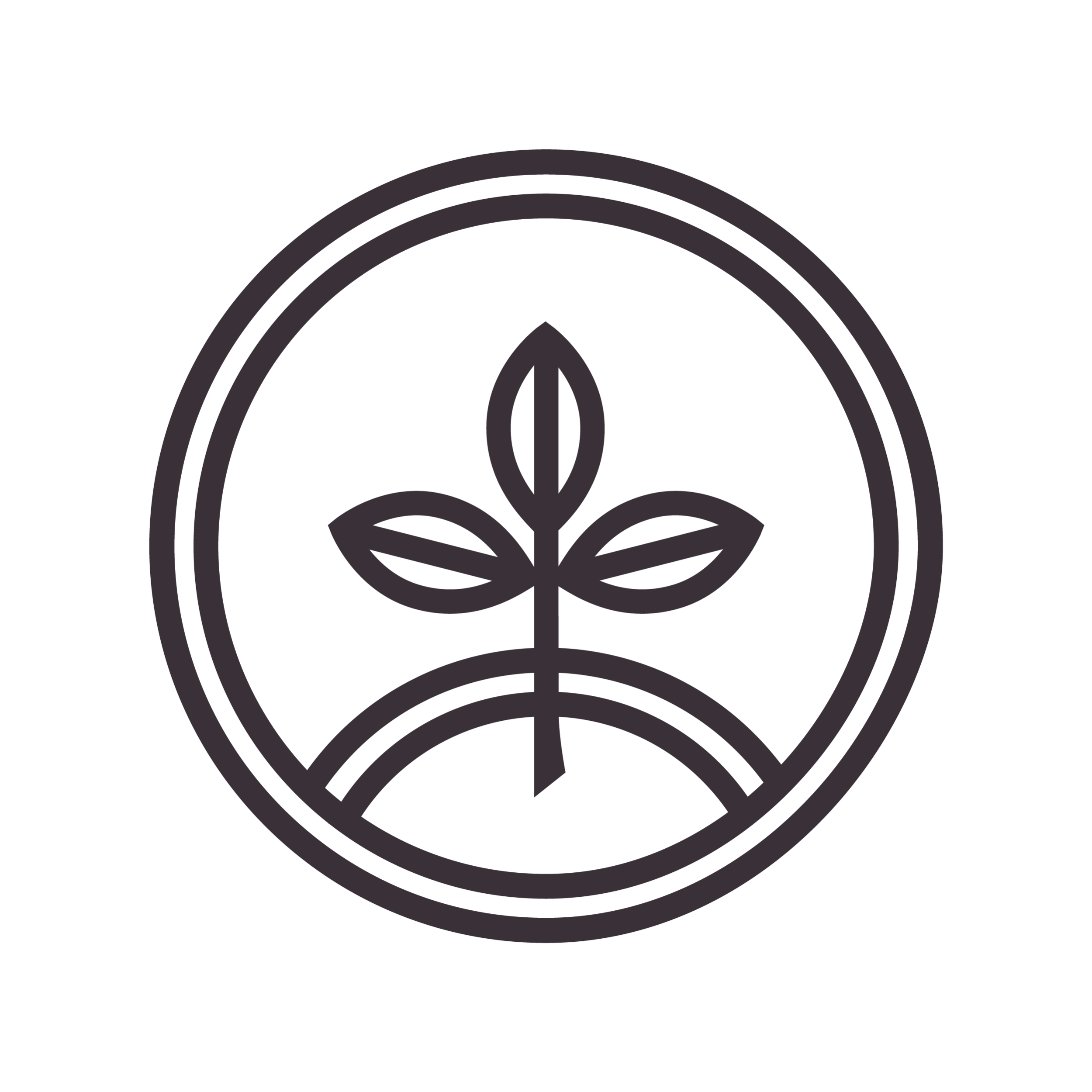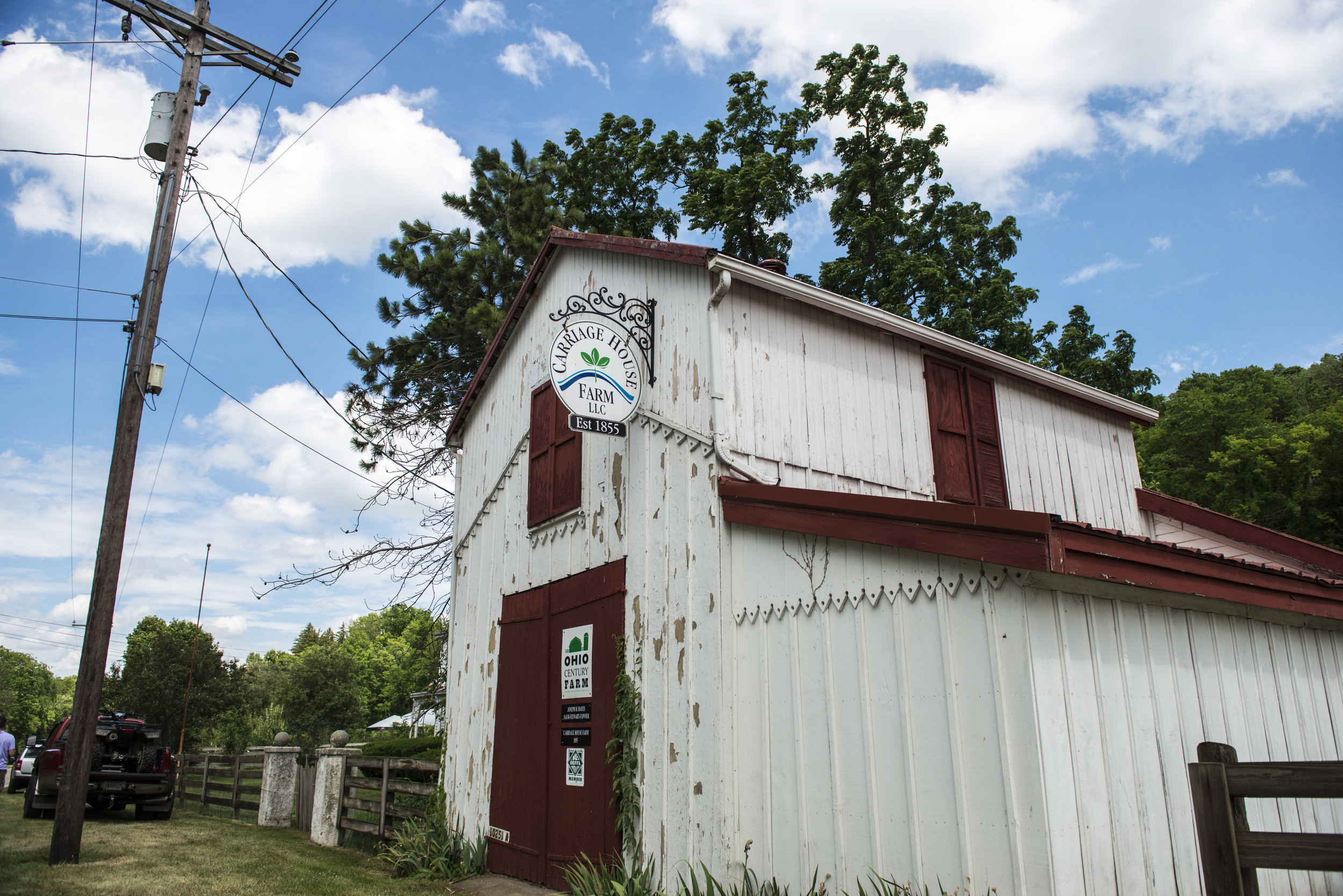Frequently asked Questions
Q?
What has happened at the farm since COVID?
A.
Oh, there are lots of things going on brought on by the change that happened because of the COVID outbreak in 2020. First we no longer supply chefs and restaurants. When locations for were forced to close to indoor dinning and many owners closed their doors, our business dropped to nearly zero. We moved to a full retail model working on the farm and invited Chloe’s Eatery to set up and offer customers food. This model lasted for two years and slowly shifted to on farm agrotourism adding the Lost Bridge Beverage Co. into the mix, offering spirits, wine, and beer. Music was added in 2022. Market sales began to dip and we once again shifted to perennial crops to supply the winery/distillery and began to offer outdoor experiences, from beekeeping tours and on-farm walking trails to hipcamp sites and a paddlen100 member paddle club with access to the Great Miami River. We still raise crops, but we no longer focus on the farm market. In 2024 we will be converting the farm market over to Lost Bridge Beverage Co.’s retail store front as their line of spirits and wine and merchandise increases. The farm will be the outdoors and Lost Bridge Beverage Co. will be the interior space and entertainment.
While we are sad to see the fresh produce offerings go this new model was always something we were working towards as part of our retirement, inviting our neighbors to enjoy our farm in a different way that invloved, food, drink, conversation, and an appreciation of the outdoors.
Q?
What is an Ohio Historic Family Farm?
A.
An Ohio Historic Family Farm is a farm, located in Ohio, that has been single-family owned for at least 100 years. Ohio created a new category which we now fall under: The Sesquicentennial Farm, or family-owned for at least 150 years. We are currently the second oldest farm in Hamilton County and the oldest farm producing FOOD. Farms are recognized this way via the Ohio Department of Agriculture. More on these amazing farms can be found by visiting: https://www.farmflavor.com/ohio/historic-family-farms-of-ohio/
Q?
How Old Is Carriage House Farm?
A.
At the time of this entry (2015) our farm is officially 160 years old. The current owners are the Fifth Generation. The land is being worked by the fifth, sixth, and seventh generations.
Q?
How large is your farm?
A.
The farm is exactly 300 acres in size. We rent an additional 120 acres for hay. The average farm size, today, is 441 acres. So we are smaller than your average farm.
Q?
Do you have animals on your farm?
A.
Yes! We board horses. We have capacity for up to 32 horses. In 2017 we began rabbit production to fill the need for local small, sustainable proteins. This ended during COVID. We also have LOTS of bees, though not animals, these certainly take a lot of time to manage. These are the only domesticated animals on the farm currently. We do have a wide range of wild creatures from Turkeys and Deer to Eagles and Beavers.
Q?
Do you use chemicals on your farm?
A.
Yes, we do. We use both organic and conventional chemicals though we try to use the least amount of chemicals possible. Part of our farm follows organic principals and those crops we use either zero chemical applications or OMRI approved applications like Surround or Spinosad. We, use 20% acetic acid (a powerful Vinegar) as way of controlling weed growth in mulched foot paths. We have an integrated pest management program that relies on trap crops and beneficial predatory insects.
On our river bottom conventional ground we grow GMO soybeans or corn. GMO products allow to minimize the chemical use. Non-GMO crops require a cocktail of stronger products that we have elected to avoid. We use a single application of one chemical to control weeds and because of flooding are able to avoid using petro-chemical fertilizers. We use zero insecticides on our crops, including seeds treated with insecticides. We have been slowly reducing the number of acres that is his type of production. What does remain in production is controlled by windbreaks and buffers. We do not plant from property line to property line.
We also use a herbicide to spot treat against Bush Honeysuckle and Canadian Thistle, invasive non-native plants that out-compete the native species we are trying to reestablish.
Q?
Are you certified Organic?
A.
No we are not. Though certain parts of the farm are managed as if they were organic we do not certify the produce coming off that ground as organic. This is a choice we made some years ago.



